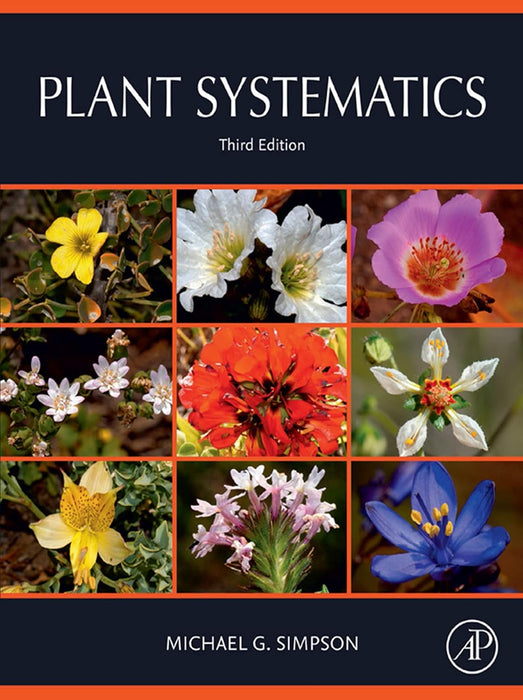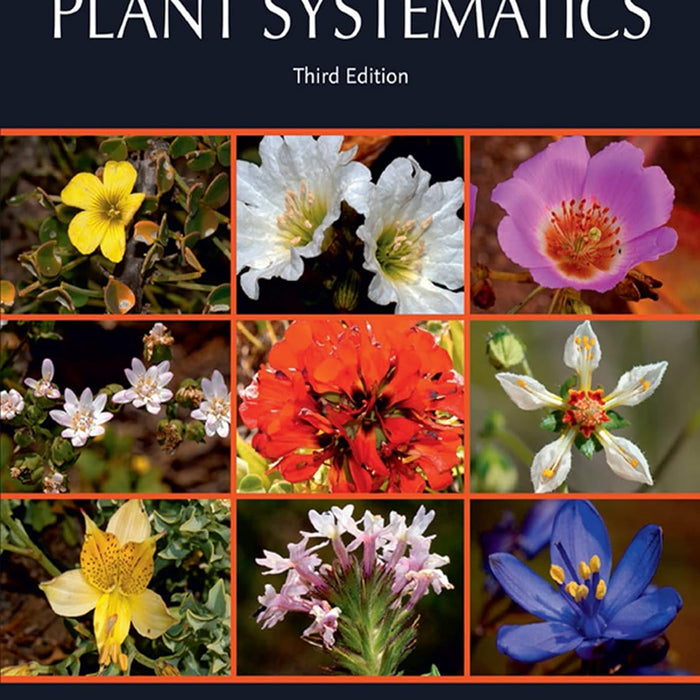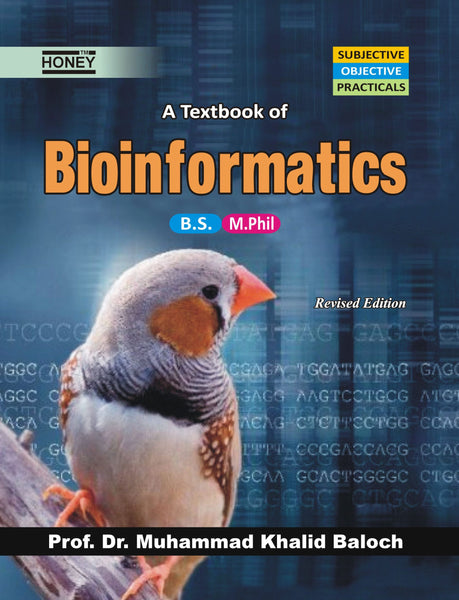Plant Systematics 3rd Edition by Michael G Simpson (Author)
- Publisher: BIOLOGY
- Availability: In Stock
- SKU: 44789
- Number of Pages: 761
Rs.1,520.00
Rs.2,095.00
Tags: angiosperm evolution , best books , Best Price , Best Selling Books , botanical classification , gymnosperm systematics , molecular markers in plant systematics , ONLINE BOOKS , Online Bookshop , plant biogeography , plant biosystematics , plant classification systems , plant fossil records , plant genetic variation , plant identification , plant molecular systematics , plant phylogenetic relationships , plant phylogenetic tree , plant phylogeny , plant reproductive biology , plant species concep , Plant Systematics 3rd Edition , Plant Systematics 3rd Edition by Michael G Simpson , Plant Systematics by Michael G Simpson
Plant Systematics: A Phylogenetic Approach (3rd Edition) by Michael G. Simpson is an authoritative and comprehensive textbook that explores the principles of plant systematics, with a focus on evolutionary relationships among plants. This updated edition offers a modern perspective on plant classification by emphasizing the importance of phylogenetic analysis in understanding plant diversity. It covers key topics such as plant morphology, molecular systematics, classification systems, evolutionary theory, and biogeography. The third edition introduces new chapters on the application of molecular data, such as DNA sequencing, in resolving plant phylogeny. Additionally, the book includes updated illustrations, figures, and case studies that demonstrate the practical application of systematics in plant conservation, biodiversity studies, and agriculture. The book serves as an invaluable resource for undergraduate and graduate students in botany, plant biology, and evolutionary biology, as well as for professionals involved in plant research and conservation.
Key Points:
-
Modern Approach to Plant Systematics: Provides a thorough overview of plant classification and evolutionary relationships, with a focus on phylogenetic methods that use molecular data to determine plant lineages.
-
Incorporation of Molecular Techniques: Explores the role of molecular systematics, including DNA sequencing and genetic markers, in resolving plant phylogeny and understanding evolutionary relationships.
-
Comprehensive Coverage of Plant Morphology: Covers the structural and functional features of plants, linking them to their classification and evolutionary significance in plant systematics.
-
Detailed Phylogenetic Analysis: Explains how modern phylogenetic techniques are applied to construct plant family trees and determine the evolutionary history of plant species.
-
Biogeography and Plant Distribution: Discusses the geographical distribution of plant species and how historical and environmental factors influence plant evolution and biodiversity.
-
Updated Case Studies and Illustrations: Features the latest case studies and clear, detailed illustrations that help explain complex plant relationships and classification systems.
-
Focus on Plant Conservation: Highlights the importance of systematics in conservation efforts, including plant biodiversity studies, habitat preservation, and the management of endangered species.
-
Real-World Applications: Demonstrates how plant systematics informs various fields, including agriculture, horticulture, and medicine, through practical examples and case studies.
-
Student-Friendly Design: Written in an accessible style, with summaries, review questions, and key concepts that facilitate learning and help reinforce key ideas.
-
Thoroughly Updated Content: The third edition includes new research, updated examples, and modern perspectives on systematics to reflect the latest advances in the field.
Conclusion:
Plant Systematics: A Phylogenetic Approach (3rd Edition) by Michael G. Simpson offers an in-depth and updated exploration of the principles and practices of plant systematics. With a focus on phylogenetic analysis and molecular techniques, it provides students and professionals with the tools to understand the evolutionary relationships and classification of plants. The third edition is an essential resource for anyone studying plant biology, evolutionary biology, or involved in plant research and conservation, offering both foundational knowledge and cutting-edge insights into the field.
════ ⋆★⋆ ═══
Writer ✤ Michael G. Simpson (Author)
























